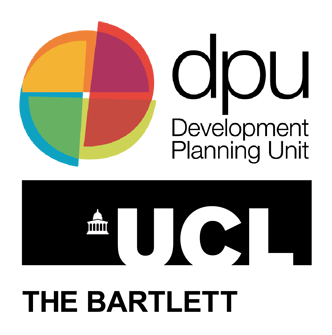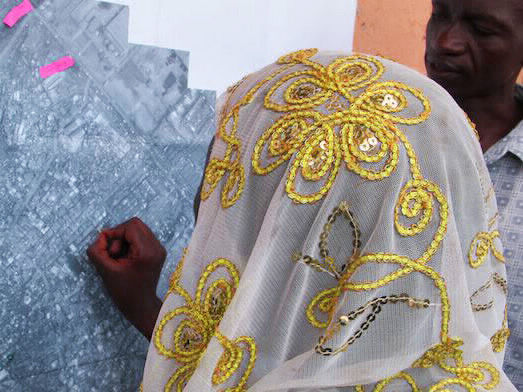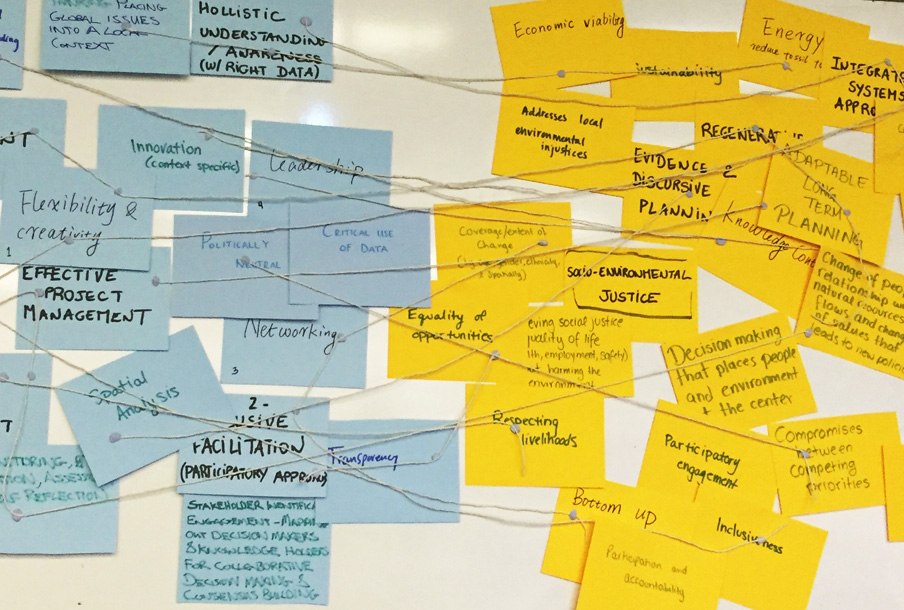Learning With Others
Lay and expert knowledge are equally valid in urban knowledge and theory. We take a transdisciplinary approach to include a wide range of stakeholders from government institutions, civil society groups, national and international organisations, academics, civil society groups and poor and impoverished women and men, to co-produce knowledge through action-research.
Moving from individual ways of learning we approach ‘public learning’ as a means to reframe the way the city is perceived, experienced and addressed, as a relational process by which ordinary citizens make sense of cities collectively. This has the capacity not only to make the invisible visible and to raise public awareness, but also to foster spaces for collective dialogue and advocacy, to trigger imaginaries of how the city could be more just and resilient, to set precedents for transformative action and to consolidate institutional commitment towards that aim.




